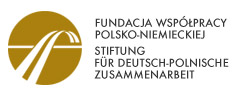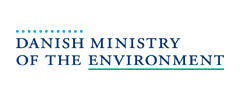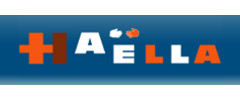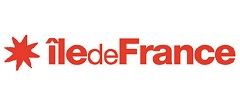Home detergents almost phosphate-free by 2017
An almost complete EU ban for domestic detergents will apply from January 2017.
05.01.2012 |ENDS Europe
The first-reading agreement, reached by EU legislators in November, had to be rubber-stamped by MEPs before becoming law. The Council of Ministers will also have to give its formal backing.
The deal, adopted by MEPs at a plenary session in Strasbourg on Wednesday, limits the amount of phosphorous in domestic laundry detergents to 0.5 grams per standard dose. The European Commission had initially proposed limit of 0.5% by weight.
The limit for domestic dishwasher detergents is set at 0.3 grams, which means they will almost be phosphate-free by 2017 together with laundry detergents. The parliament initially wanted the limit for dishwashers to apply from 2015.
This limit will enter into force as agreed unless the commission suggests changes based on an impact assessment due by 31 December 2014. The proposed changes, if any, will have to be tabled by 1 July 2015 at the latest, according to the new rules.
The rules, which revise a 2004 regulation, also state that alternatives to phosphate and other phosphorous compounds will have to be evaluated under the REACH policy regime to make sure they pose lower risks to the environment and health.
Some EU member states already have phosphorus restrictions in place, mostly for laundry detergents. But there are great disparities in the levels set across Europe. The new rules will provide a level playing field for detergent companies.
Improvements to the aquatic environment are expected as a result, particularly in regions such as the Baltic and Danube which are badly affected by eutrophication. Savings are also likely since phosphorus treatment at wastewater plants is costly.
Read the European Parliament press release.
See the response from WWF.
Related News
Getting to the Future We Want
4-7 November, Brussels: European Environmental Bureau’s (EEB) Annual Conference
12.11.2018
Human Biomonitoring for Europe
Vienna, 26 September: stakeholder forum
28.09.2018
A life without plastic, wouldn't it be fantastic?!
Interview with Charlotte Schueler of @PlastikfreiLeben, who lives a zerowaste life in Munich, Germany and shares her experiences to her 25.2 thousand followers on instagram & 37.2 thousand followers on facebook
14.09.2018
Calling for periods free from plastic & hazardous chemicals
Letter to Frédérique Ries, MEP, European Parliament on behalf of the #BreakFreeFromPlastics movement
04.09.2018






































